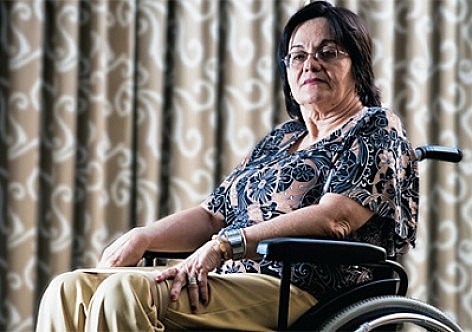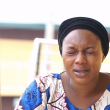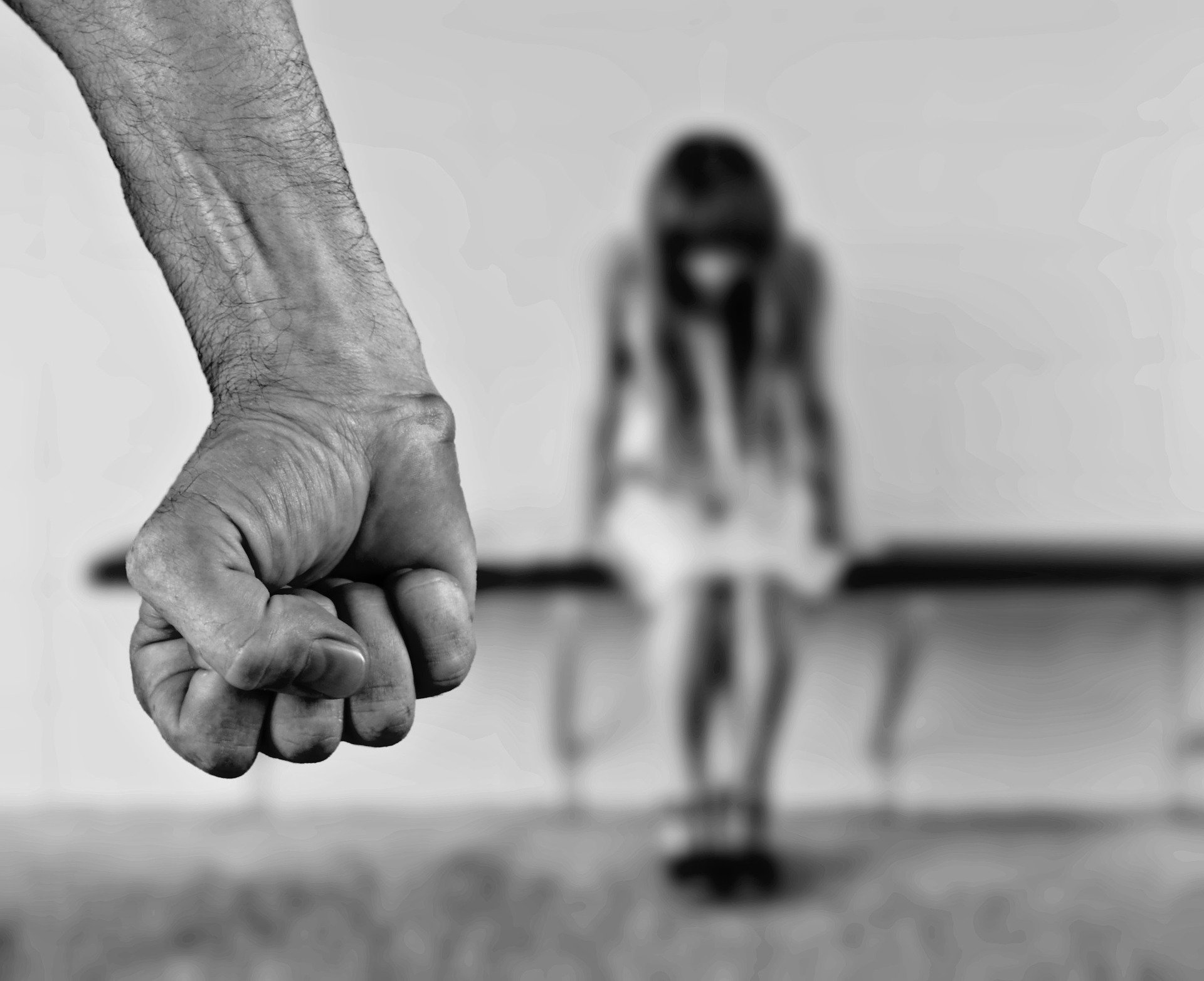Isadora Machado has worked with Domestic Violence Against Women since 2014 when she founded the group Núcleo Maria da Penha (NUMAPE/UEM) in Maringá, Brazil, to offer legal and physiological assistance to vulnerable women.
She also focuses her work on warning children about women’s equality, raising their awareness about the importance of this topic, and helping to build new ways of thinking.
“We know that the cultural or political structure won’t change, that’s why working with children is essential. They are our future and we can build a new cultural way of treating women well.”
NUMAPE may have a low-budget but they strongly believe that these games are just a means for parents to talk to their children about this topic:
On NUMAPE’s website, Facebook and Instagram pages, children and parents can find three different games to choose from. Isadora explained that these games were chosen because “they are part of Brazilian culture and most people are familiar with it”.
The games include:
Memory Game: This tests knowledge about famous Brazilian women, encouraging children to think and talk about stereotypes, roles, and the visibility of women in many professions or historical contexts.

Board Game: Here, children can learn more about facts and curiosities related to the topic.

Stop!: This game proposes a shift in gender roles, teaching children to visualize women in different places in society.

NUMAPE/UEM:
The group NUMAPE started at the State University of Maringá and is formed by students, psychologists, lawyers, and social workers. Their objective is to provide a space for listening, welcoming, and guiding vulnerable women.
Along with face-to-face meetings and seminars, the organization also has social media accounts and blogs where information and news are posted. Although it is difficult to guarantee the exact number of people helped by them, Isadora states that there are over 500 follow-up cases a year to work within the city.
Brazil: 1341 women were femicide victims in 2019
Femicide is a gendercide hate crime defined by the act of killing females just because of their gender. Last year, around 78% of the crimes were committed by the victim’s partner or ex-partner.
Around 1,3 million women suffer from violence abuse a year in Brazil, according to the latest National Household Sample Survey.
When figures are compared to other countries, on average Brazilian women are killed by men 16 times more often than in Japan, 24 times more than in Denmark, and 48 times more than in the UK. Between 2003 and 2013 the number of deaths as a result of femicide increased by 21%. In 2016, one woman was killed every 2 hours in the country.
Self-isolation during the Covid-19 pandemic has been raising a concern all around the world that more women are vulnerable to violence when staying at home. In Hubei, China, the police reported three times more violence cases in February this year than in February 2019. It is believed that 90% were related to the pandemic. London’s Metropolitan Police also reported over 4,000 domestic abuse arrests at the beginning of lockdown.
Across Brazil, the situation hasn’t been any different. In Maringá, there was a 15% rise in violence against women cases, which is why NUMAPE decided to create the games. São Paulo saw an even higher rate – it registered three times as many crimes against women in this period.
Maria da Penha Law
In 2006, the federal Brazilian “Lei Maria da Penha” was created, aiming to protect women from family and domestic violence. The law not only protects from physical aggression but also from psychological violence, verbal offenses, destruction of objects and documents, stalking, and defamation. If convicted, the offender can spend three months to three years in jail depending on the crime.
Maria da Penha is a Brazilian chemist who suffered a lot of violence from her husband. In 1983, Maria was shot by him and became paraplegic. When she recovered, she went back home and her husband attempted to kill her once again. Her personal experiences inspired her to write a book exposing all abuses both herself and her daughters have lived.

Since it was established, more and more women now feel encouraged to report abuse cases to the police by calling the 180 number, the number specifically for women in situations of violence.
If you are being abused and are in Brazil please do not hesitate to contact them.
Alternatively, if you are in the UK please call 0808 2000 247 for 24-hour advice.






